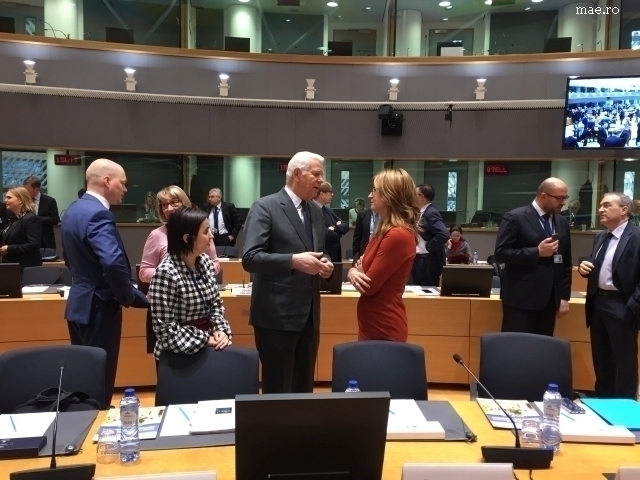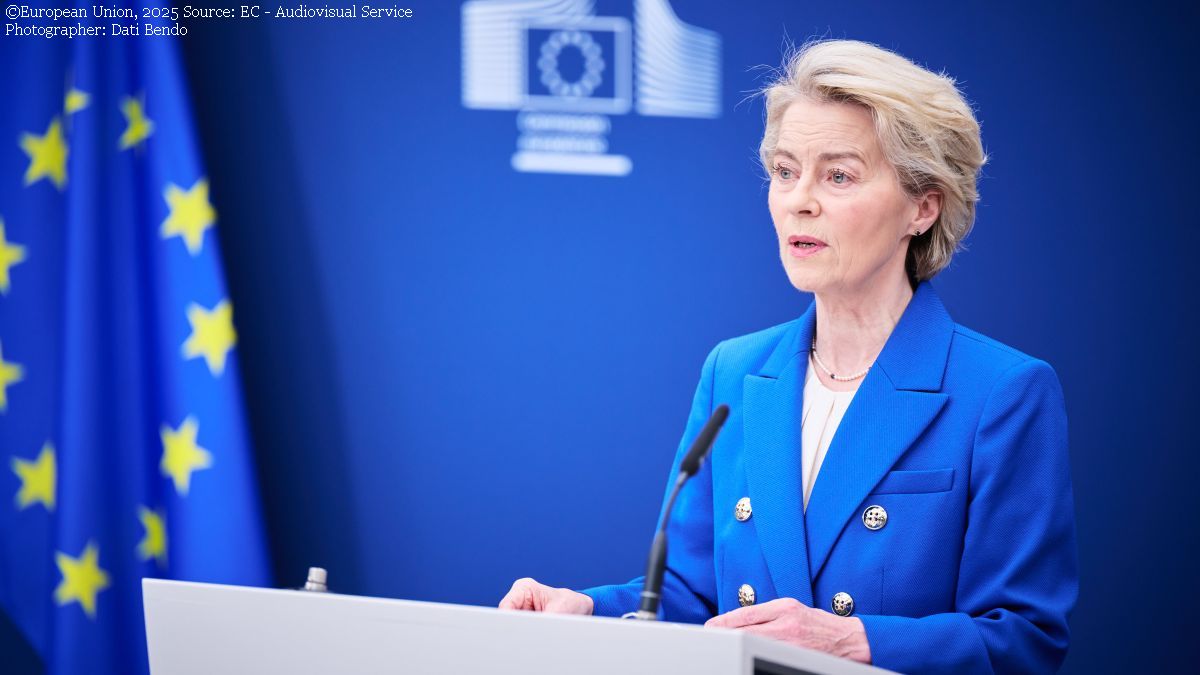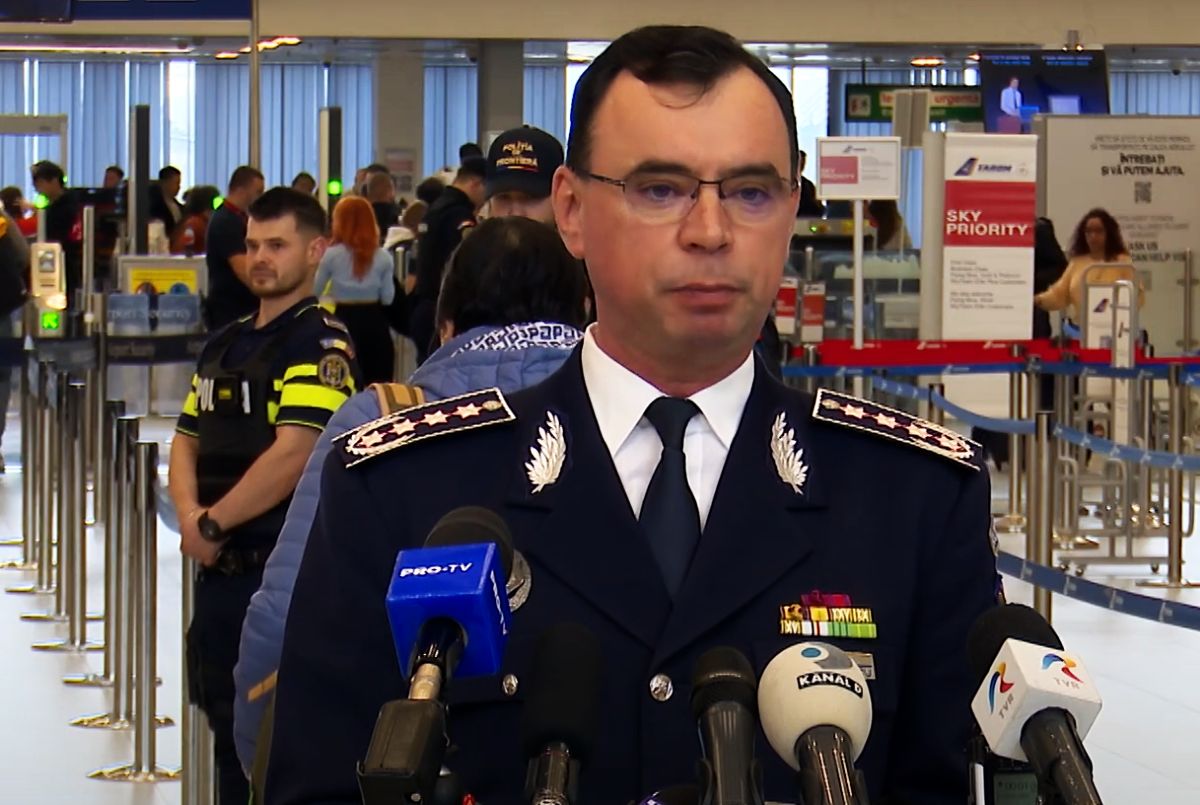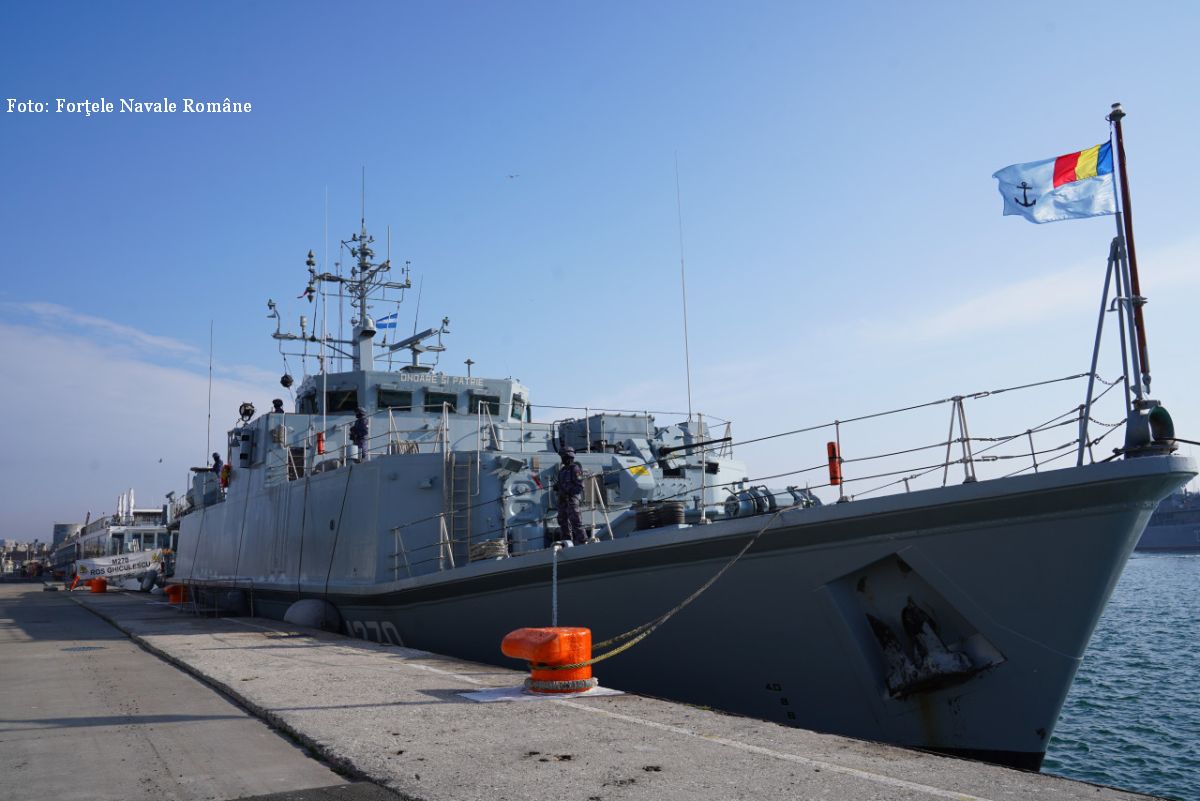European financial support for the Republic of Moldova
In Brussels, Romania is once again supporting Moldovas European track

Bogdan Matei, 27.02.2018, 13:03
For almost three decades now, since Chisinau proclaimed its independence from Moscow, Bucharest has been the most fervent supporter of Moldova’s sovereignty and territorial integrity. Also, for more than ten years, Romania has firmly encouraged its neighbor’s European aspirations. Therefore, it’s no surprise that in Brussels on Monday the Romanian Foreign Minister Teodor Melescanu chaired the meeting of the Group for European Action of the Republic of Moldova, held on the sidelines of the Foreign Affairs Council.
The Group is an informal ministerial mechanism, established in January 2010, at Romania’s initiative, with support from France. The Group analyzed Chisinau’s European track, with focus on reforms and action priorities against the background of the implementation of the EU — the Republic of Moldova association agreement. Melescanu pleaded for a firm support from the EU member states and institutions for the Republic of Moldova’s European goals. Besides progress made in various fields, the Romanian minister stressed, additional efforts are still needed. Melescanu announced that in April the European Commission would transfer funds to Moldova, aimed at ensuring the latter’s macro-economic stability.
In an exclusive statement for Radio Romania, the Foreign Minister stated that this aid is a form of validation of the reforms promoted by the pro-Western government in Chisinau. He also added that one of the Council’s conclusions concerned the freedom of the press in Moldova, given that Chisinau authorities are worried about the influence of the Russian language media. Teodor Melescanu:
“The recommendation made was about ensuring the freedom of the media and at the same time finding means to hold the media accountable and raising their awareness as to the importance of promoting real, not fake news. Focus was also laid on the importance of increasing state institutions’ opposition against the fake news used to describe the relationship between the Republic of Moldova and the EU.”
Teodor Melescanu’s statements referred to the new audio-visual law in the Republic of Moldova, the so-called ‘anti-propaganda law’, which restricts broadcasts by Russian TV channels. According to experts, the law is not a form of censorship or limitation of the freedom of expression, it’s just a means of curbing the anti-western propaganda that has invaded the Chisinau media, in particular against Romanians, often imbued with slander and apocalyptic rumors. Pundits say that the stake of such media campaign is both electoral and geo-political. Because, in the run up for the legislative elections due later this year, it only serves the interests of the pro-Russian president Igor Dodon, who has been openly pleading for giving up the European path and returning to Moscow’s sphere of influence. (Translated by M. Ignatescu)






























